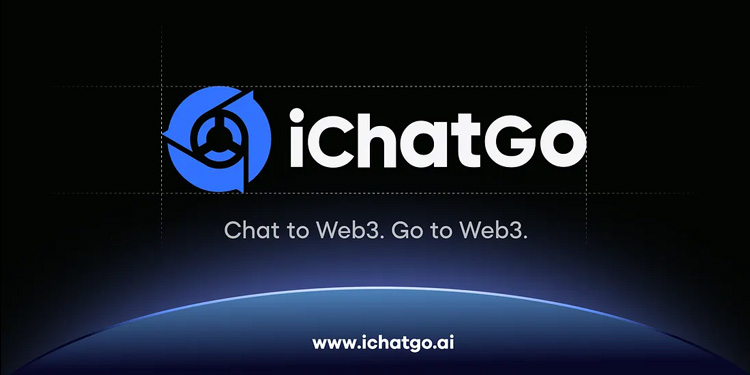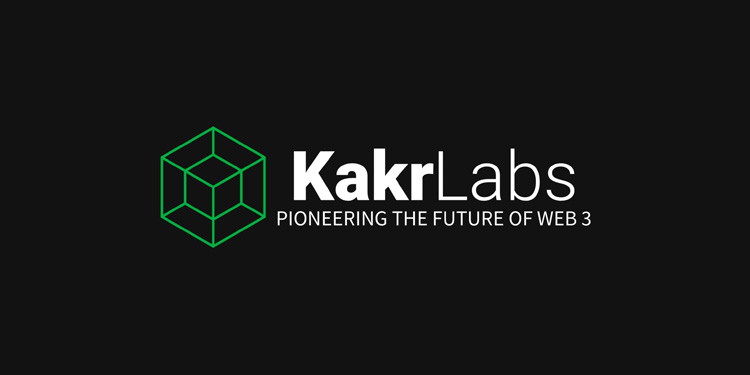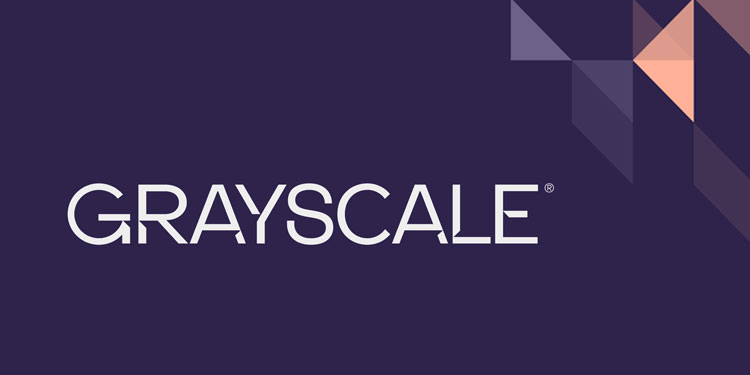HAiO is taking strides toward creating a decentralized music ecosystem by integrating Artificial Intelligence and Web3 technologies. The project is designed to empower users by redefining how digital music economies function, aiming to shift control from centralized entities to creators, curators, and listeners. However, those behind the platform recognize that solving challenges related to Web3 adoption—especially around onboarding and asset management—remains a critical prerequisite for scaling the user base.
One of HAiO’s strategic goals is to eliminate friction points commonly encountered in Web3 environments. These include difficult wallet setup procedures, the responsibility of managing seed phrases, navigating unfamiliar interfaces, and paying transaction fees in cryptocurrencies. Platform developers have identified these barriers as major deterrents for mainstream users who might otherwise be interested in decentralized music solutions.
To address these hurdles, HAiO proposes a blend of intuitive onboarding features and smart wallet functionality. The platform aims to simplify access through modern identity solutions that closely resemble familiar Web2 experiences. These could include passwordless logins, email-based authentication, or biometric verification via smartphones. According to the platform’s direction, these solutions are meant to offer both convenience and security, maintaining the privacy standards expected in decentralized ecosystems.
The adoption of social login features is seen as an important part of this strategy. It has been suggested that using existing social credentials could eliminate the need for new passwords, thereby reducing friction and onboarding time. This move is also expected to lower the chance of account duplication or bot interference, as connections to verified digital identities would increase authenticity across the platform.
Another crucial aspect of HAiO’s roadmap is the introduction of smart wallets. Unlike traditional crypto wallets that depend on private key management and involve user-unfriendly interfaces, smart wallets are designed as programmable smart contracts on the blockchain. These enable more dynamic and secure interactions with digital assets. Key features include alternatives to seed phrase dependency—such as multi-signature authentication or social recovery—and support for biometric access control.
Transaction fees, often a point of frustration for users unfamiliar with blockchain mechanics, may be addressed through fee abstraction. The smart wallet system could allow HAiO to sponsor these fees or let users pay in stablecoins like USDC or with HAiO’s native token. This could result in what developers envision as a “feeless” user experience, further removing obstacles to participation.
Additional wallet functionalities under consideration include programmable security settings like spending caps, multi-step approvals for high-value transactions, and time-based action locks. These elements are intended to give users more control over their assets while maintaining safety.
The synergy between these smart wallets and HAiO’s core AI Agents is central to the platform’s design. These AI Agents assist with generating music, curating playlists, and enabling social features. The simplified login process could enhance user interaction with these agents, while fee abstraction would allow for seamless reward collection in $HAiO tokens for actions like playlist engagement.
Moreover, HAiO plans to use its token economy to further encourage active user participation. Rewards distributed in the form of $HAiO tokens could be easily earned and managed via the smart wallets, reinforcing user engagement. The same infrastructure may also support NFTs representing music rights or ownership, with built-in tools for transfer, visibility, and utility.
In conclusion, HAiO’s approach to merging AI with decentralized infrastructure appears rooted in addressing usability concerns head-on. By prioritizing user experience through smart wallet innovation and simplified onboarding, the platform sets the foundation for wider adoption of Web3 in music. Its efforts could contribute to a fairer, more inclusive music economy where creative ownership and rewards are more equitably distributed across the community.









